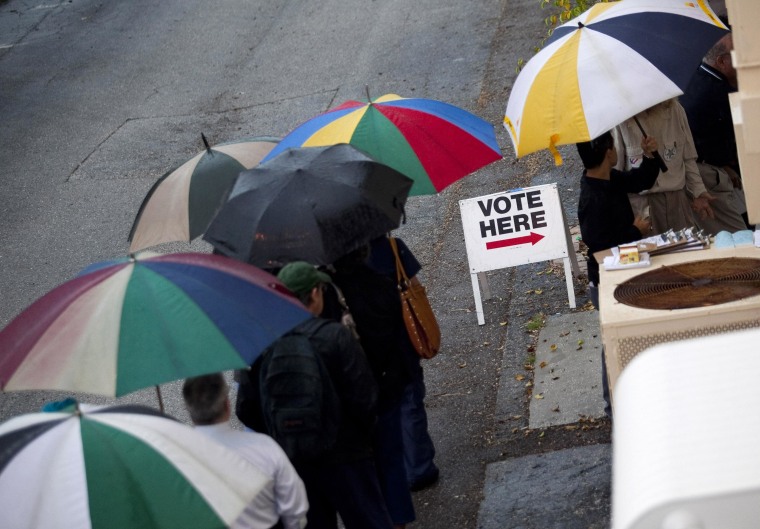Oregon’s new “Motor Voter” law, House Bill 2177 signed by Governor Kate Brown, which automatically registers people to vote when they get or update a driver’s license with the option to “opt out” afterwards, is expected to be a game changer and register about 300,000 new voters in Oregon, 20,000 of them Asian American and Pacific Islander (AAPI), or about 50 percent of the AAPIs eligible, but not registered, to vote.
“Asians and Pacific Islanders have long faced exclusions and discrimination in the American democratic process. This has resulted in persistent disparities in voter registration and access to decision-making that affects our families,” Reverend Joseph Santos-Lyons, Executive Director of Asian Pacific American Network of Oregon (APANO), a nonprofit organization that worked on the coalition to develop the legislation, told NBC News. “Voting is an evidence-based indicator of community health and opportunity, and needs to be seamless and cost-effective.”
Because AAPIs have the lowest voter registration rates nationally, Oregon’s new voter registration process will be closely watched by AAPI voting rights activists in other states.
“Getting Asian Americans empowered to vote involves three steps—increase naturalization rates, get more people registered to vote, and increase the turn-out among those registered to vote,” Karthick Ramakrishnan, Professor of Public Policy at the University of California-Riverside, told NBC News, “Increasing registration is arguably the largest step. [Oregon’s new law] is impressive and it will be interesting to see how other states follow suit.”
After working for twenty years to overcome language barriers and experiences of racial profiling to register thousands of eligible voters in Oregon, Santos-Lyons says APANO is looking forward to being able to shift resources from voter registration to issue analysis, voter education, and civic empowerment initiatives.
IN-DEPTH
- Asian-American Voter Registration Not Matching Population Growth
- Asian-American Groups Tackle Language Barriers to Get Out the Vote
- 2015 Law Will Allow CA Undocumented to Get Driver's License
